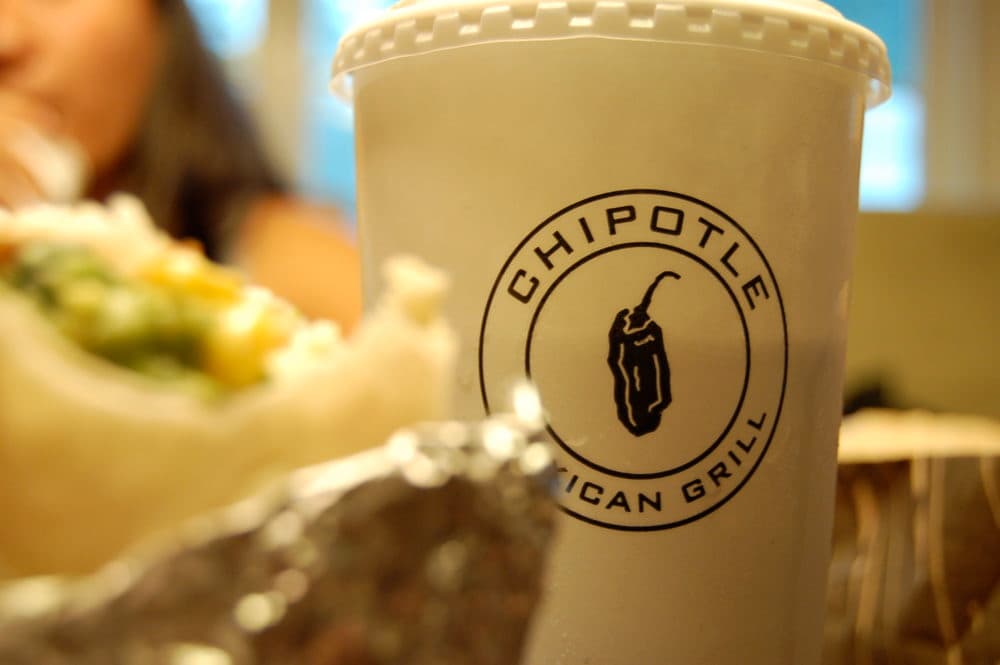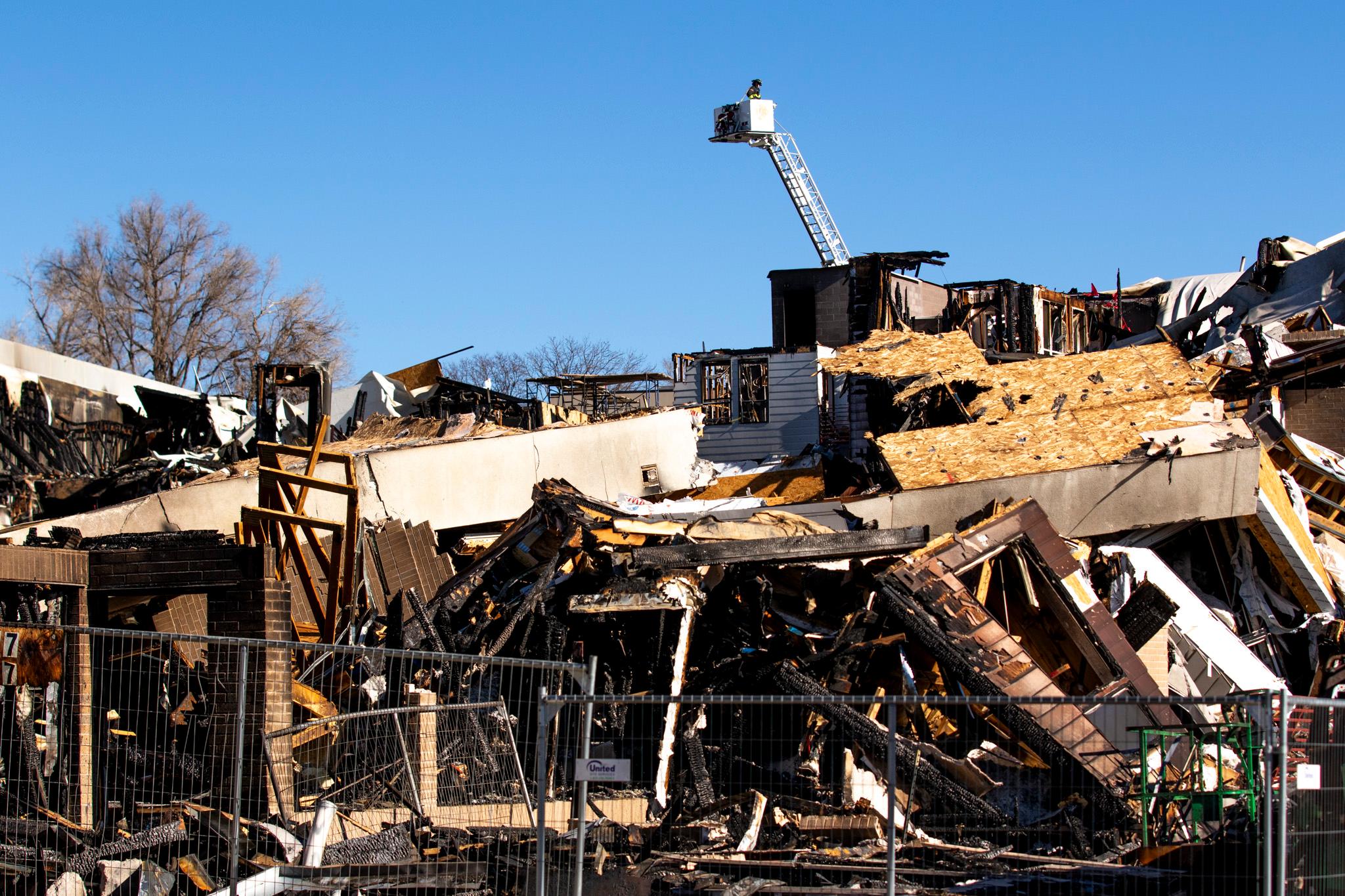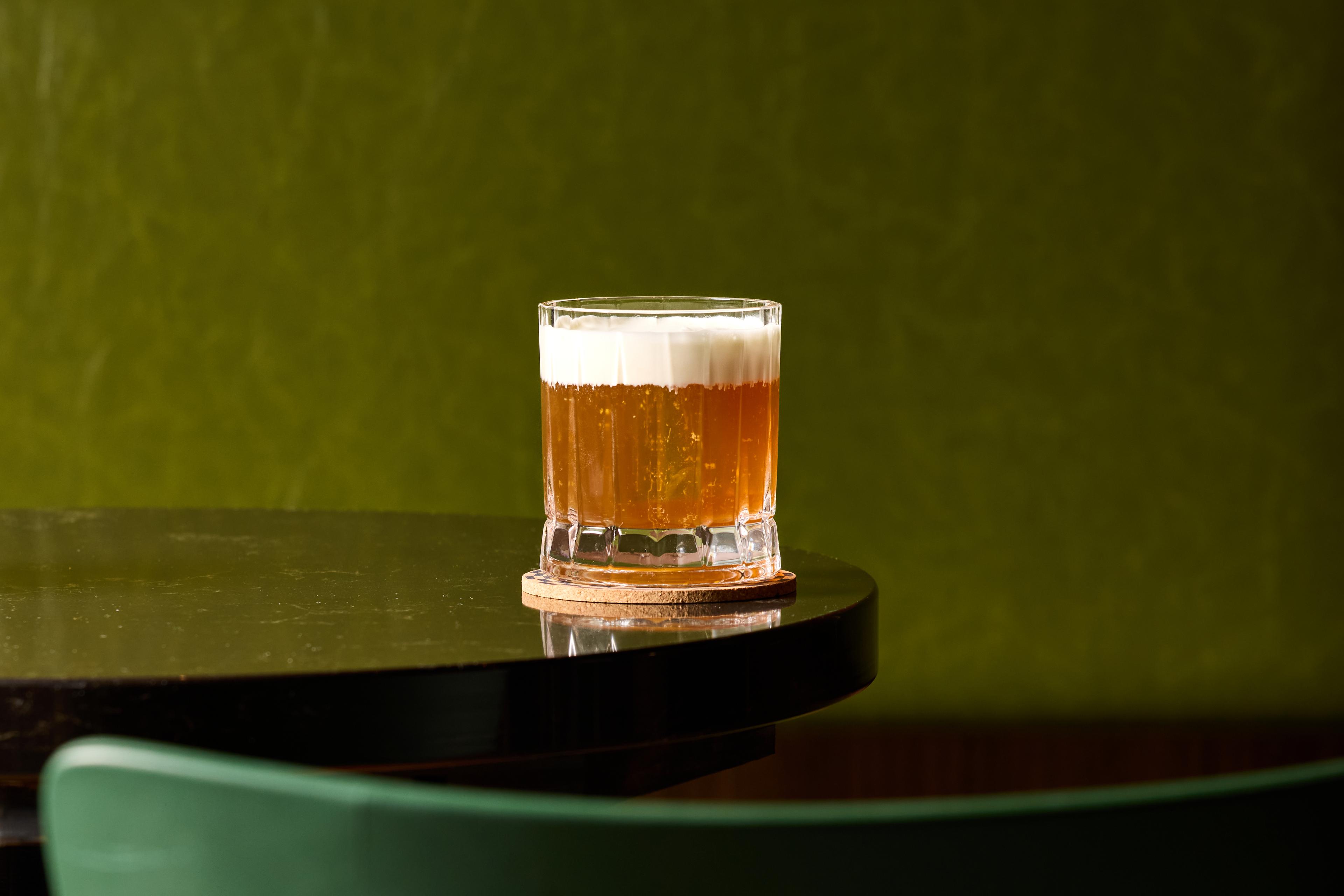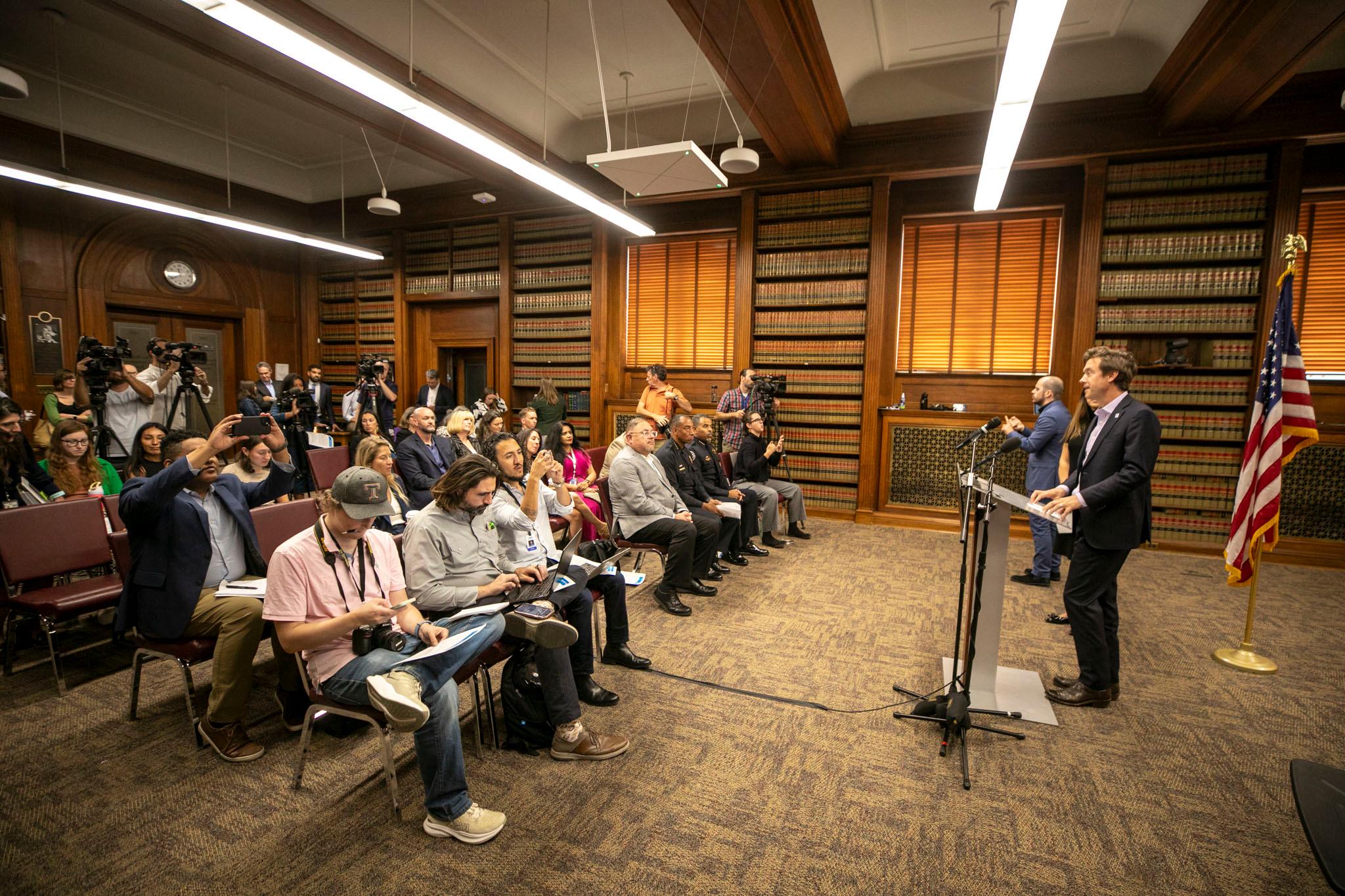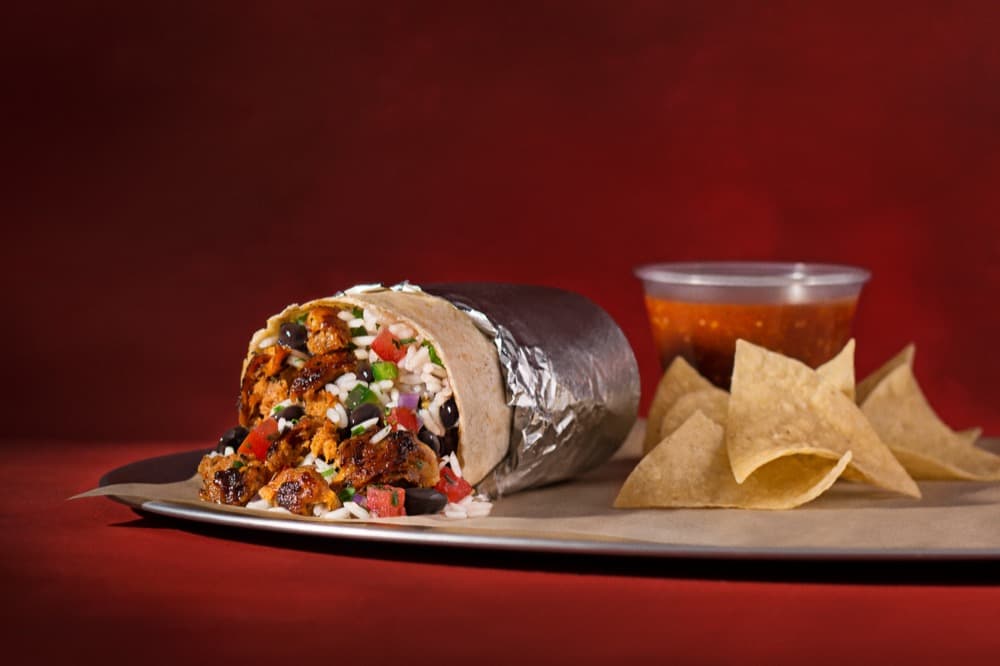
Smells like another law suit for Denver-based Chipotle, this time, courtesy of three health-conscious dudes from L.A. Their complaint? Chipotle’s chorizo burrito left them feeling too full for a 300-calorie meal.
It all starts with Chipotle’s chorizo burrito: “deliciously seasoned, perfectly grilled spicy chicken and pork sausage in a burrito with white rice, black beans, fresh tomato salsa and a sprinkle of cheese,” according to Chipotle’s signage.
The sign also reads “300 calories.” Seems like a bit of a squeeze for Chipotle’s notoriously generous burritos — and that’s exactly what David Desmond, Edward Gurevich and Young Hoon Kim thought after they tackled the Tex-Mexican monstrosity.
But instead of lying in bed and groaning, sending out some vicious tweets or pulling a marathon gym session these L.A. chaps filed a law suit.
The plaintiffs allege Chipotle engaged in unfair and fraudulent business practices by preventing its customers from having accurate nutritional information, undertook unfair methods of competition to lure customers into purchasing their product and breached the warranty of the goods by failing to deliver the product as described.
On Chipotle’s part, the Denver-based fast-casual chain maintains that the nutritional listing was only meant to represent the calories of the chorizo. But according to California law, the menu board should have listed the full nutrition breakdown.
The California Menu Labeling Law requires that food facilities with 20 or more franchises post nutritional information directly on the menu board next to the item. So according to Chipotle’s online nutrition calculator, the calorie listing should have been a bit closer to 1,000 calories -- 935 calories to be exact, about three times the caloric density of the chorizo alone.
The suit also goes into detail on the events leading up to the suit.
A copy of the suit, uploaded by Ars Technica, recounts Desmond’s experience as follows, “But for the defendants’ false and misleading menu board, Desmond would not have purchased the item. After eating the Chorizo burrito, Desmond felt excessively full and realized the burrito couldn’t have been just 300 calories.”
The language may verge on humorous, but Desmond’s sense of betrayal seems to be shared by more than just the suit’s other two plaintiffs.
In an emailed statement to Ars Technica, Chipotle’s communications director Cris Arnold wrote, “We work very hard to maintain transparency in terms of what is in our food, and that includes our practices for disclosure of nutrition information.”
The class action lawsuit seeks action on behalf of any California resident who purchased food items from Chipotle in the past four years.
Following a series of food borne illness outbreaks, a high-profile cocaine scandal and a class action law suit alleging wage theft, Chipotle’s stock value has fallen 14.8 percent since quarter three of last year. In October, the company announced aggressive plans to overhaul their food prep, renovate restaurants and add menu items to save their falling bottom line.
Multimedia business & healthcare reporter Chloe Aiello can be reached via email at [email protected] or twitter.com/chlobo_ilo.
Subscribe to Denverite’s newsletter here.

